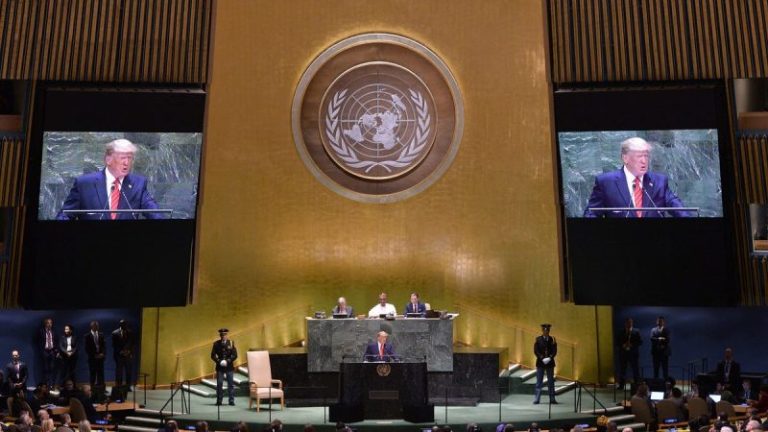Dozens of Tesla vehicles were damaged at a dealership in Ontario, Canada, Hamilton Police Service (HPS) confirmed to Fox News Digital. Authorities said that the incident occurred overnight on March 18, and that the ‘damage included deep scratches and punctured tires.’
HPS told Fox News Digital that officers are still working on getting footage from the Tesla vehicles as, ‘some vehicle camera systems were recording during the mischief incident.’ They were also able to obtain ‘limited’ footage from the area. As of Saturday, it was still too early in the investigation for HPS to determine a motive or how many people were involved. HPS said they do not have any suspects.
The night before this incident, police in London, Ontario, were reportedly called to the scene of a fire that is allegedly being investigated as suspicious. On March 17, a Tesla was set on fire, causing an estimated $140,000 in damage, London Police Service said in a press release.
Vandalism and attacks on Tesla vehicles and dealerships have been on the rise over the last few weeks. Many of the attacks appear to be politically motivated acts against Tesla founder and CEO Elon Musk due to his work with the Department of Government Efficiency.
The Trump administration began cracking down on Tesla vandals earlier this week, with Attorney General Pam Bondi saying the string of attacks was ‘nothing short of domestic terrorism.’ She vowed that the Department of Justice (DOJ) would ‘continue investigations that impose severe consequences on those involved in these attacks.’
On Thursday, the DOJ announced that three individuals were charged in connection with the ‘violent destruction of Tesla properties.’ The defendants face charges that carry a minimum penalty of 5 years in prison, but could face up to 20 years behind bars.
‘The days of committing crimes without consequence have ended,’ Bondi said in a DOJ statement. ‘Let this be a warning: if you join this wave of domestic terrorism against Tesla properties, the Department of Justice will put you behind bars.’
On Friday, President Donald Trump floated the idea of Tesla vandals serving time in El Salvadorian prisons in a post on Truth Social.
‘I look forward to watching the sick terrorist thugs get 20 year jail sentences for what they are doing to Elon Musk and Tesla,’ Trump wrote. ‘Perhaps they could serve them in the prisons of El Salvador, which have become so recently famous for such lovely conditions!’
Since January 2025, Tesla vehicles have been targeted in at least nine states, according to the FBI. The bureau has urged the public to ‘exercise vigilance’ near Tesla properties.
Fox News Digital’s Alexandra Koch and Danielle Wallace contributed to this report.










